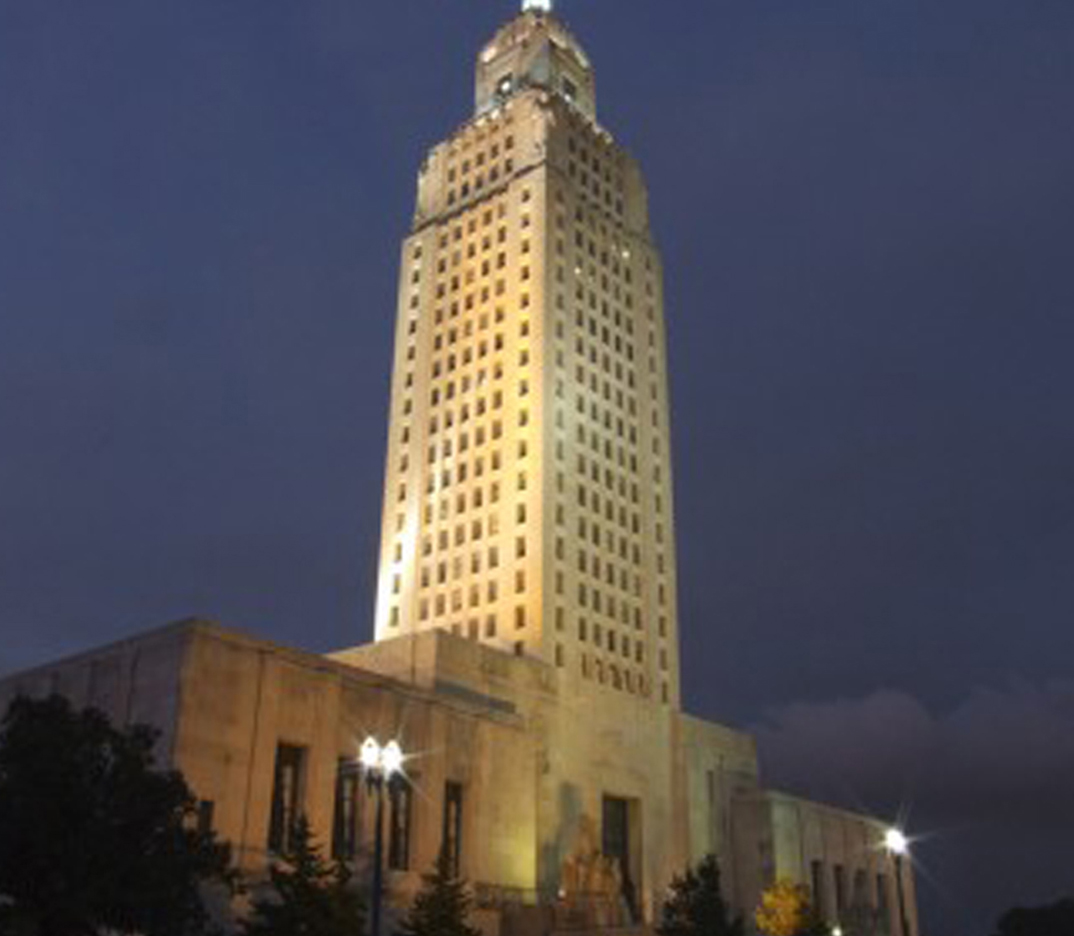By MELINDA DESLATTE Associated Press
BATON ROUGE, La. (AP) — After 10 legislative sessions across three years, you’d think Louisiana lawmakers might be running out of ideas, or at least the stamina to push contentious measures. Instead, they’ve clearly had time to rest up and get ready for a new round of bickering.
Despite limits on bill introductions and being in the middle of an election year, Louisiana lawmakers are proposing measures sure to spark controversy when the legislative session begins next week.
Most attention has centered on the latest budget strife between Democratic Gov. John Bel Edwards and the House Republican leadership. But prickly debates also loom on tax policy, the death penalty, the homestead exemption, sales tax collection, the minimum wage, felon rights, voter registration, and more.
Lawmakers will cram the topics into two months, from April 8 until June 6.
This short, mainly fiscal session has constitutional limits. Legislators can file any number of bills dealing with the budget and taxes. But they can only file five proposals of statewide impact on issues beyond those items clearly spelled out on the financial list.
Though the governor and majority-GOP Legislature reached a hard-fought, seven-year tax deal after four legislative sessions last year, some lawmakers want to tinker with those plans. Some want to bring back suspended sales tax holidays, others want to eliminate or lessen taxes and some want to tweak tax breaks. A few lawmakers have more sweeping tax changes in mind.
Most any tax measures seem likely to face a rough road to passage from lawmakers who hoped to put tax battles behind them for election year.
Beyond taxes, lawmakers have filed proposals to change the legal smoking age from 18 to 21, to loosen restrictions on wine shipments directly to consumers, to lessen penalties for marijuana possession and to allow automatic voter registration when a person gets a driver’s license. Edwards and his allies again will try to raise Louisiana’s minimum wage, despite three years of defeat. Lawmakers will consider whether to legalize the production and sale of industrial hemp in Louisiana.
Republican Sen. Danny Martiny of Kenner is proposing five years of pay raises for state judges. Republican Rep. Lance Harris of Alexandria wants to widen the definition for the student physical activity required in public schools to include movement in marching band or music class. Republican Rep. Valarie Hodges of Denham Springs wants to allow public entities to reject the lowest bid for a spending project if that bidder engages in boycotts against Israel.
Democratic Sen. Francis Thompson of Delhi wants to limit what can be labeled as milk in Louisiana, so that products such as soy milk and almond milk couldn’t be packaged as milks anymore. Democratic Rep. Walt Leger of New Orleans is proposing the governor and lieutenant governor run together on a joint ticket. Democratic Rep. Dorothy Sue Hill of Dry Creek wants the Department of Wildlife and Fisheries to shield from public view information involving the stocking and breeding of alligators.
Republican Sen. Dan Claitor of Baton Rouge and Democratic Rep. Terry Landry of New Iberia are again proposing to end Louisiana’s use of the death penalty, while Republican Rep. Nicholas Muscarello of Hammond is trying to restart lethal injections in Louisiana.
Muscarello is proposing to make secret any information about the person or company that manufactures, supplies, or transports drugs for an execution. The corrections department has said it’s had difficulty obtaining lethal injection drugs because companies don’t want their products associated with executions.
Another effort to enact statewide regulations governing ride-hailing services such as Uber and Lyft is planned, pushed by lawmakers who say that’s the only way to get the services in more communities.
After lawmakers granted more convicted felons their voting rights, Baton Rouge Democratic Rep. Ted James wants felons who haven’t been in prison for five years to be eligible for jury service. Other Democrats are pushing for Louisiana to become the latest state to ratify the Equal Rights Amendment to the U.S. Constitution, outlawing discrimination on the basis of gender.
Competing proposals have been filed to prohibit health insurers from discriminating based on a person’s pre-existing conditions, an effort to enact a state law in case the federal health overhaul is dismantled by federal judges.
The short session is long on ideas.
EDITOR’S NOTE: Melinda Deslatte has covered Louisiana politics for The Associated Press since 2000. Follow her at http://twitter.com/melindadeslatte





